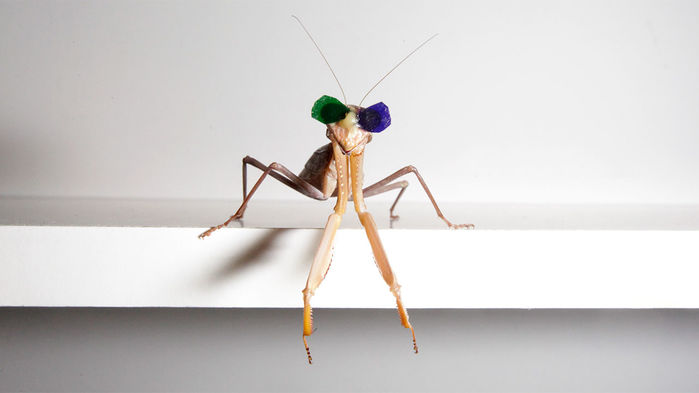Daedalus Film and Science Festival
Daedalus Artificial Intelligence Workshop
-
Sun 27 January 2019 // 18:00
/ Venue Space
Tickets: £7/ £5(c) includes FIlm: Minority Report; Symposium only, 'pay what you think.'
For hundreds of years, human technological advancement has acted as a source of great wonder and inspiration in the lives of ordinary people, as well as a source of great anxiety. In particular, the potential marvels and horrors of Artificial Intelligence have featured prominently in recent popular culture, often focussing on questions such as “What would happen if AI became self-aware?” or “What separates robots from humans?”. The increasingly advanced AI that is already present in many people’s everyday lives (face recognition, targeted advertising, predictive speech and so on) makes these questions relevant now more so than ever before.
At least part of the reason behind the fascination with robotics and AI in British and American popular culture is that AI is alien – how could a series of electronic circuits ever be comparable to a human being or any other natural organism? In film, intelligent robots are often portrayed as being cold, calculating entities that are incapable of emotion as we understand it. In fact, we are perhaps closer to robots than we would like to think. From the co-operation of ants to the learning processes in the mammalian brain, AI is inspired by, and attempts to imitate natural biology more so than anything else.
This symposium aims to shed a light on exactly how Artificial Intelligence draws on and mimics the creations of natural evolution and, perhaps more importantly, how Artificial Intelligence will affect the way we and future generations live our everyday lives.
A panel of four experts will each give a brief presentation on their work/research that is relevant to the symposium, which will be followed by a Q+A/Discussion session with the audience. The speakers are:
· Dr Sam James: An overview of Artificial Intelligence and how it works.
· Professor Jenny Read (Newcastle University): The visual system of the praying Mantis and how it could be replicated in robots. An evaluation of the ways in which the diverse solutions of evolution and natural selection are being incorporated into AI.
· Naomi Gildert (University of York): Implicit communication in robots. How AI is developing not just to replicate classical cognitive skills, but also other non-explicit dimensions of intelligence, such as body language and emotional intelligence.

